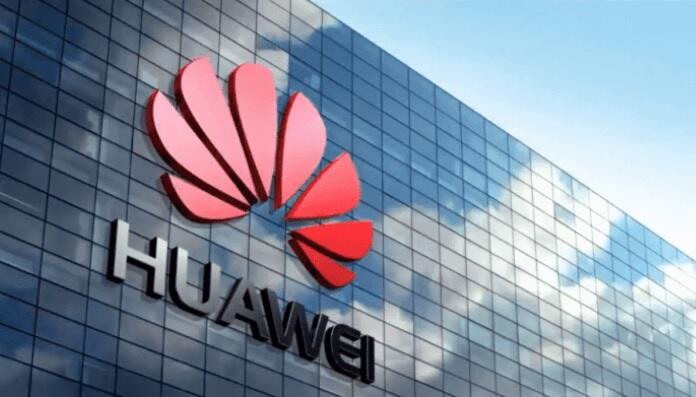China has vehemently opposed reports that some European nations are considering banning the Chinese telecom giant’s technology in their 5G networks, saying the move will damage regional economic cooperation. According to a Chinese foreign ministry spokesperson, the country also demanded equal treatment for its companies, calling on the European Union to abide by international trade rules and stop using security to suppress foreign firms.
Amid possible sabotage or espionage concerns, several Western countries have been slow to implement security measures for their 5G networks. Several European operators have chosen to use Huawei equipment for its affordability and performance compared to rival offerings from companies such as Ericsson and Nokia. However, the bloc’s industry chief Thierry Breton has urged countries to restrict or ban the company from their network infrastructure.
Earlier this month, a report by the US Commerce Department warned that continuing to allow Huawei and ZTE in the United States could lead to sanctions. The report also called for eliminating “unusual links” between the two companies and the Chinese government. On Monday, US Commerce Secretary Wilbur Ross indicated that the Trump administration would consider alternative remedies but also tied the decision to national security concerns.
The Chinese embassy in Berlin said Germany’s reported plans to ban Huawei were “puzzling” and “strongly dissatisfactory.” The company has “never engaged in stealing intellectual property or engaging in backdoor activities,” it added. The embassy further urged the EU to “respect the autonomy of each member state in terms of its own strategic choices.”
While China is unhappy with the US’s attempts to push Europe to impose a ban on Huawei, it believes it should participate in 5G development and build the technology by standards. “The US has been using national security as a pretext to restrict and exclude certain companies in its domestic market, and it should not force other countries to do the same,” China Institutes of Contemporary International Relations research fellow Sun Keqin told the Global Times on Friday.
Huawei has long insisted that it doesn’t threaten its partners or the wider world and that its products meet international security and industrial standards. But it has not convinced governments and companies to trust the tech giant.
A recent survey of major European telecom operators by the German Institute for Network and Information Security found that most were concerned about the risks of allowing the company’s equipment in their networks. It cited issues such as poor transparency and lack of assurance that the company’s products are trustworthy. It also said that some operators had changed suppliers because of security fears. But it warned that excluding Huawei from the next generation of mobile communications networks will likely result in delays to 5G deployment and lower performance.



